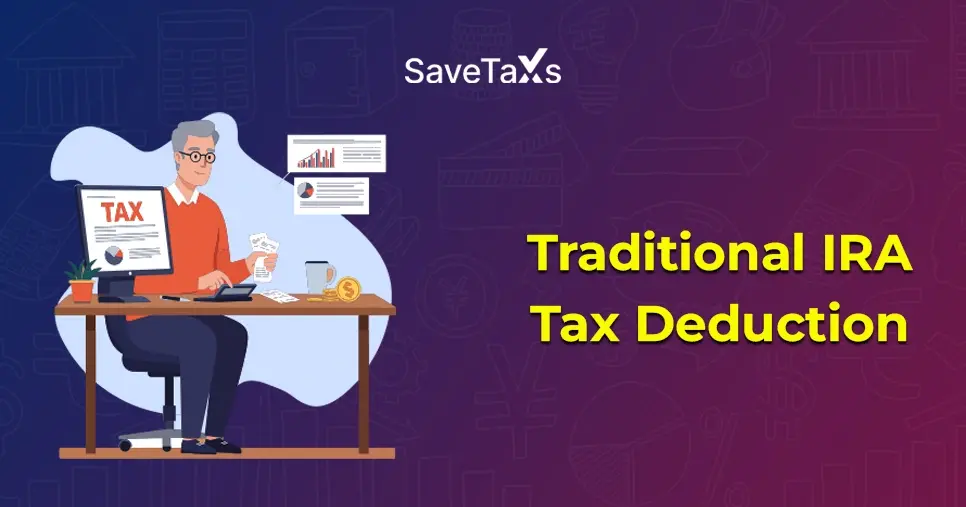
Traditional IRA Tax Deduction and Contribution Limits
Read More
Want to read more?Explore Blogs
No matter what your source of income is, we've got you covered. There’s a plan for everybody!
The tax rates for federal taxes are the same nationwide and have multiple tax rate brackets, ranging from 10% to 37%.
State taxes vary from state to state; some states use a flat tax system, while others employ a progressive income tax system, among other approaches.